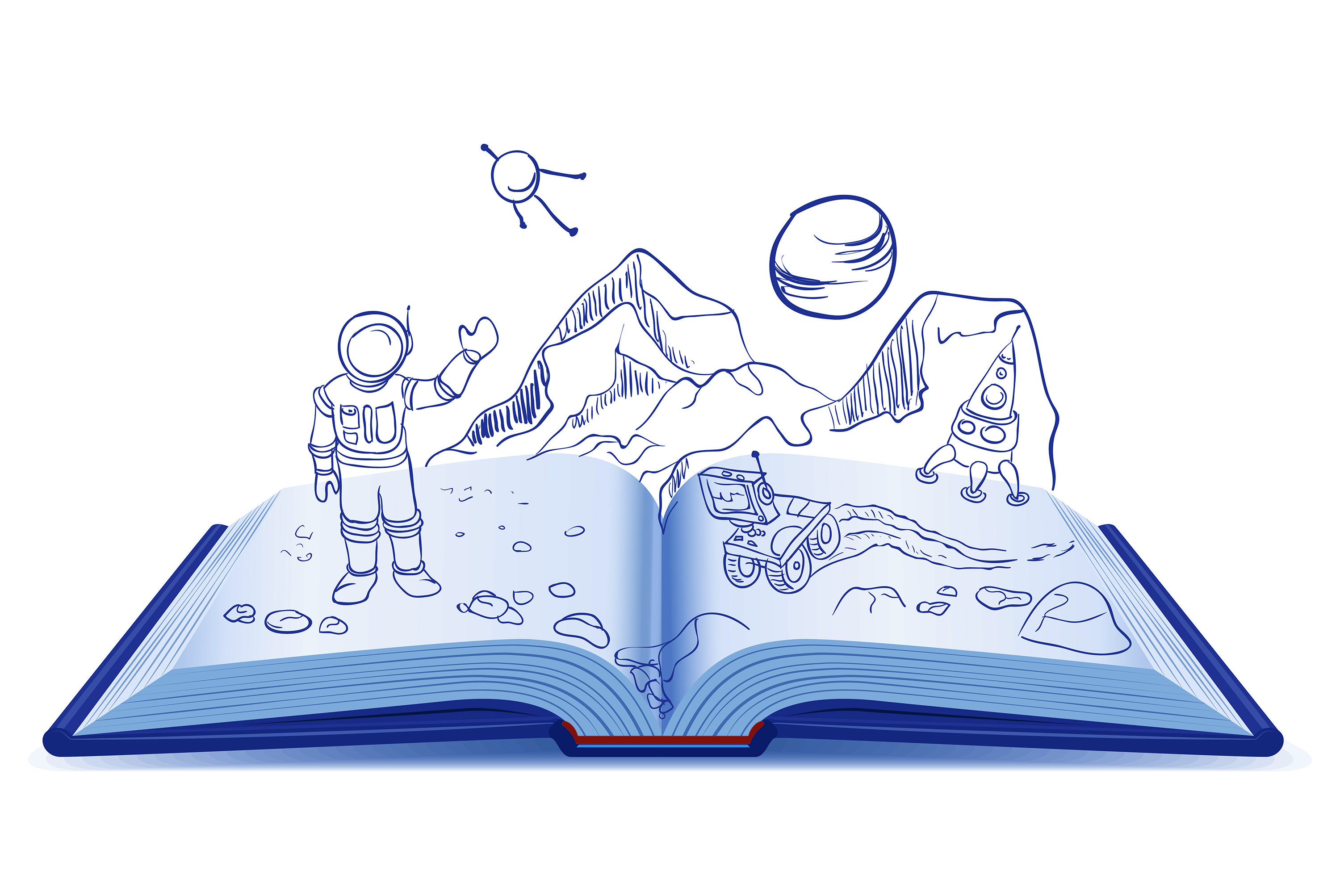- Picture walk: Students walk around the classroom looking at relevant pictures about a new text (Starke, 2021). They can share what they see or know about the pictures, make predictions about the text, and ask questions.
- Virtual field trip: Based on the setting of the text, teachers can take their students on a virtual field trip (Starke, 2021). Teachers can take the students on a field trip to a country, city, restaurant, park, etc.
- Recipe: When a new text involves cooking or a new culture, teachers can make a related recipe in the classroom, with students (Starke, 2021).
- Listen to music: When the text is about music or a musician teachers can activate background knowledge through music (Starke, 2021). They may play songs students are familiar with or new songs.
- Plan cross-curricular lessons: Teachers can plan lessons across multiple content areas that connect. For example, if students have an upcoming fiction text about a magical garden, the teacher may plan a science lesson about gardening, plants, and growing (Starke, 2021).
Teaching vocabulary
- Word wall: Teachers create a word wall with relevant words to the text students read. The word, its definition, and a picture are posted for students to reference throughout the lesson (Prodigy 2022).
- Memory cards: Students are given a set of cards lying face down on a table. They turn over two cards for each turn and try to get a match. To get a match they have the match the vocabulary word with the definition (KidsKonnect, n.d.).
- Vocabulary Jeopardy: Students choose a category like definition, synonym, antonym, etc. and they have to guess the vocabulary word based on the question or vice versa (KidsKonnect, n.d.).
- Vocabulary Pictionary: Students are given a vocabulary word and have to act it out so that other students can guess the word (KidsKonnect, n.d.).
- Vocabulary notebook: As students learn a new word they add it to their vocabulary notebook. They also write down the definition, synonyms, antonyms, and their own drawings (Prodigy, 2022).


No comments:
Post a Comment